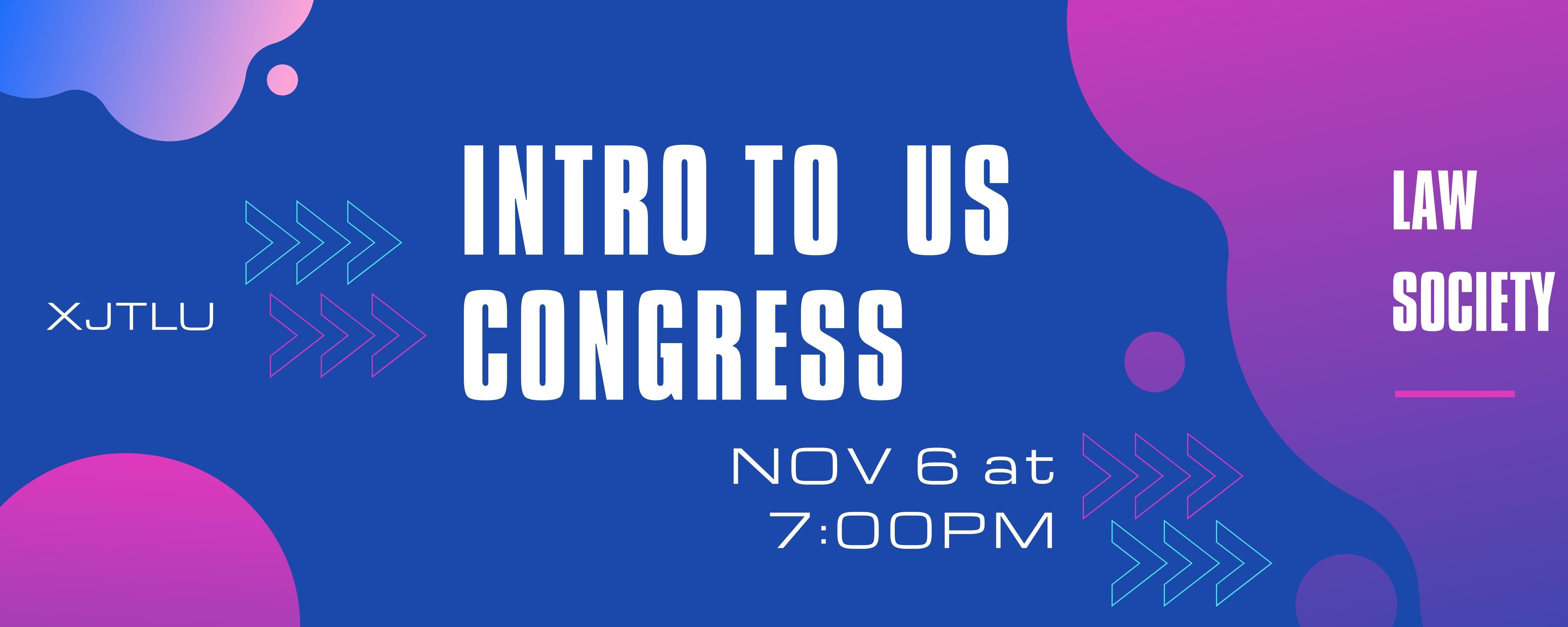
 2021-11-06 19:00 - 2021-11-06 22:00
2021-11-06 19:00 - 2021-11-06 22:00
 BS392
BS392
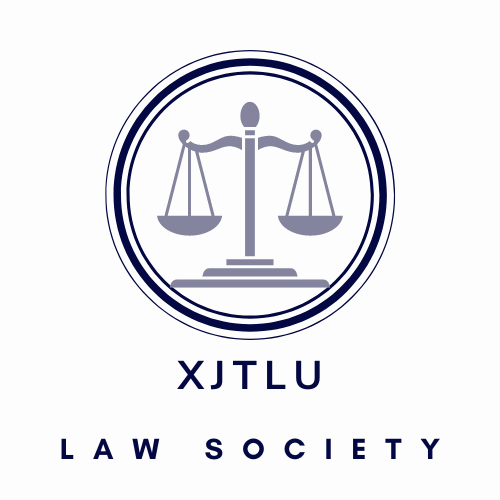
Law Society is a gathering place for law lovers and prospective law school applicants, aiming to enhance the logical thinking of students and their ability to use legal knowledge to solve problems in daily life. Debate, communicate, thinking like a lawyer.
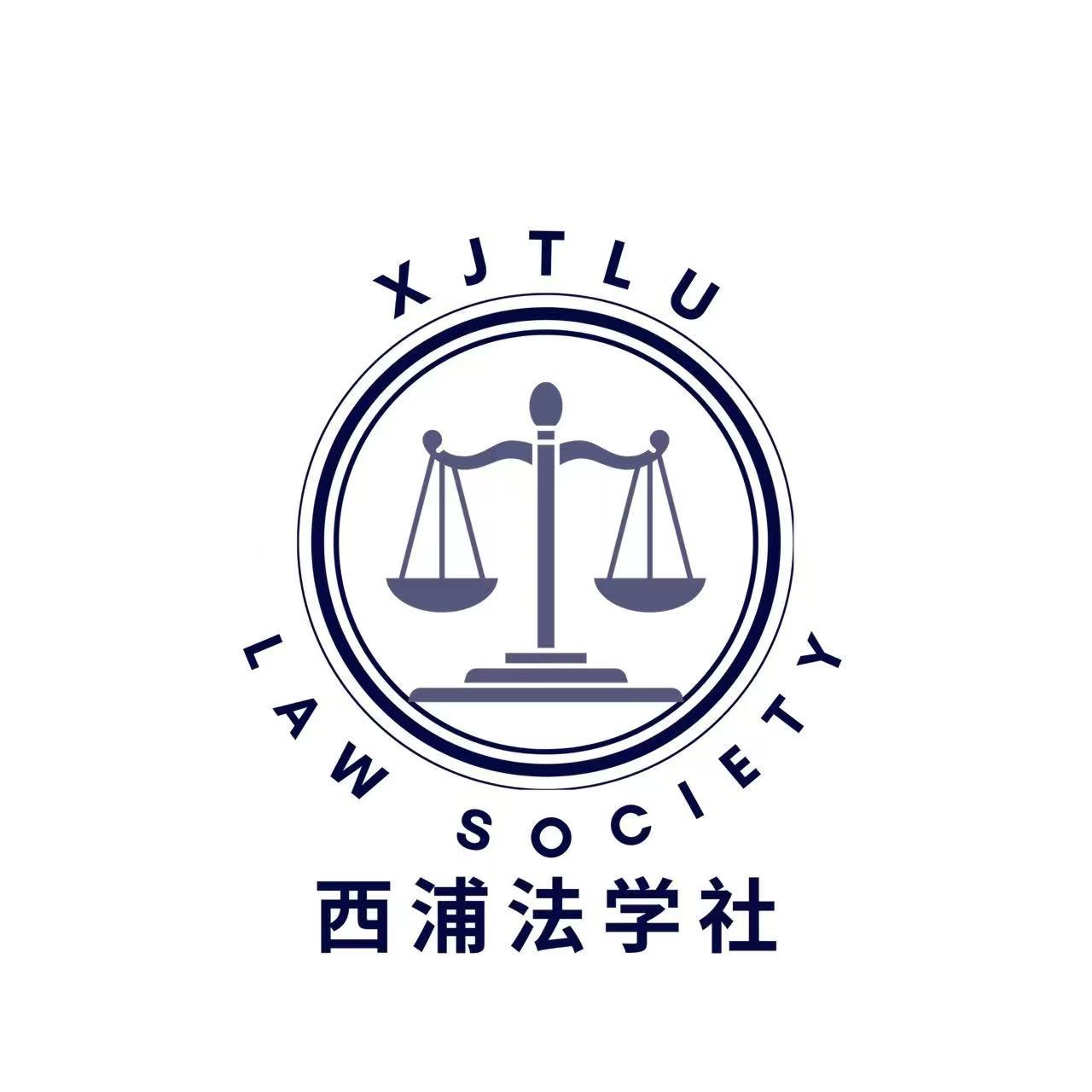
 09 2025 - 09 2025
09 2025 - 09 2025
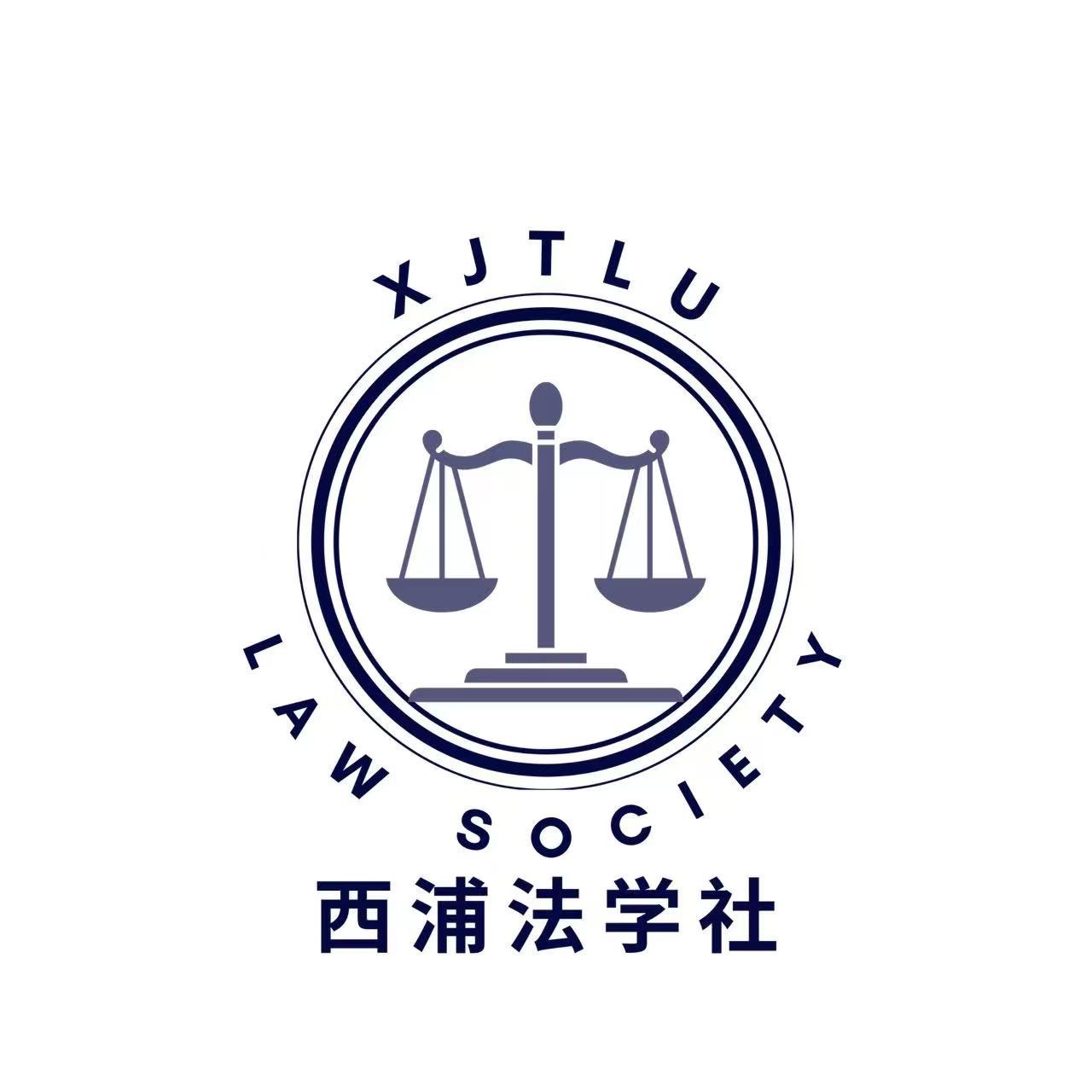
 09 2025 - 09 2025
09 2025 - 09 2025

 04 2025 - 04 2025
04 2025 - 04 2025
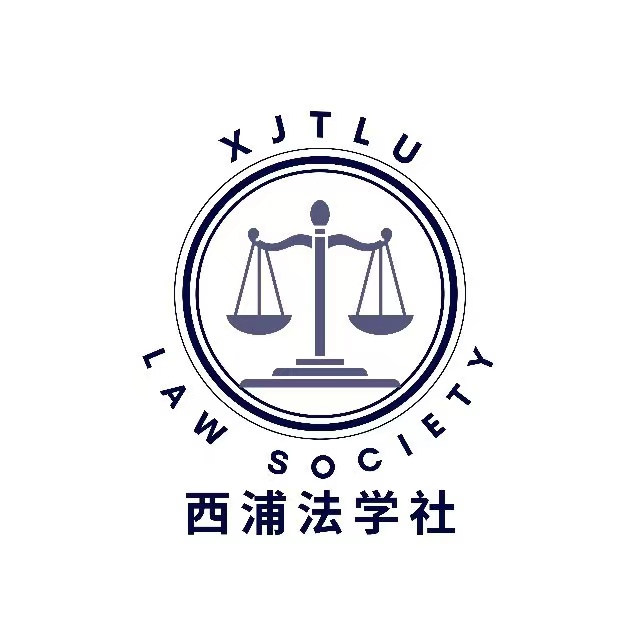
 03 2025 - 03 2025
03 2025 - 03 2025
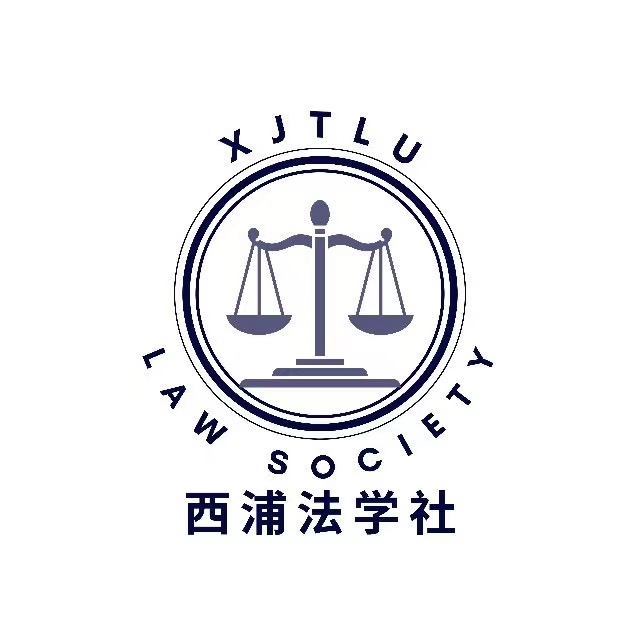
 11 2024 - 11 2024
11 2024 - 11 2024
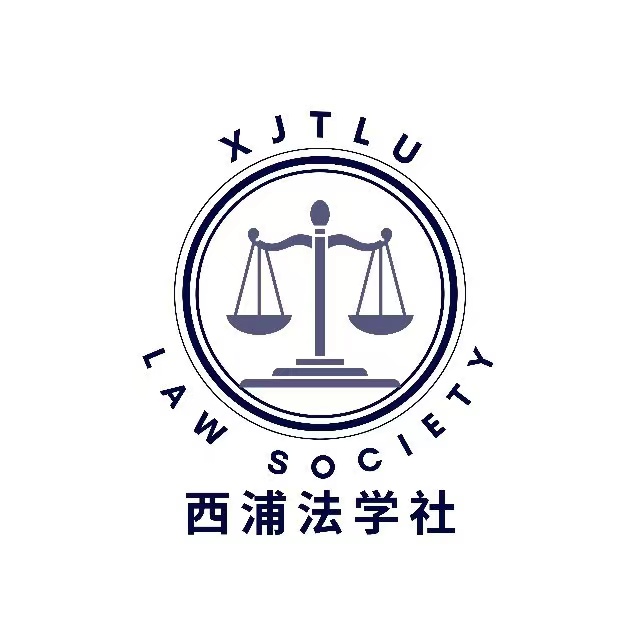
 10 2024 - 10 2024
10 2024 - 10 2024